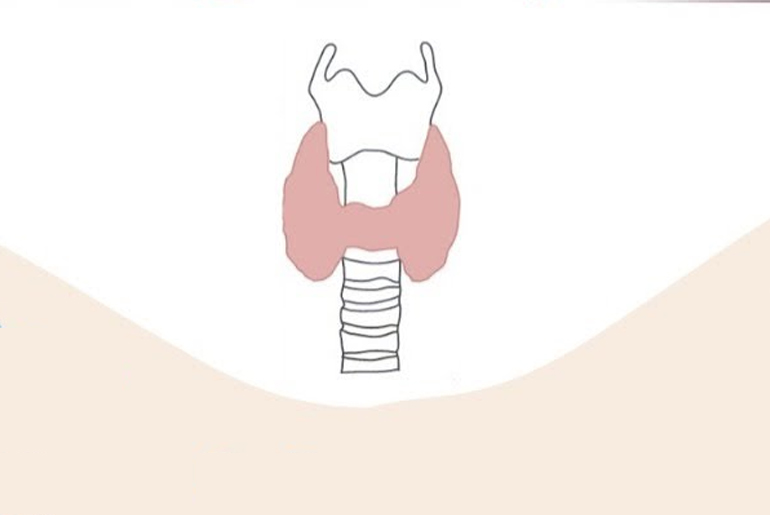Thyroid disorders, particularly hypothyroidism and hyperthyroidism, are increasingly common in women, significantly impacting their reproductive health, fertility, and pregnancy outcomes. Dr. Archana Juneja, a consultant endocrinologist at Kokilaben Dhirubhai Ambani Hospital, Mumbai, highlights the critical issues and management strategies associated with these conditions.
Hypothyroidism (Underactive Thyroid)
- Symptoms and Prevalence: Hypothyroidism, the more prevalent thyroid disorder in women, is characterized by symptoms such as weight gain, fatigue, dry skin, hair loss, and irregular or heavy menstrual cycles. These symptoms can often go unnoticed, delaying diagnosis and treatment.
- Effects on Reproductive Health: Hypothyroidism disrupts ovulation, causing infertility in many women. Dr. Juneja emphasizes the importance of thyroid screening for all women undergoing fertility treatments, as hypothyroidism is a straightforward and treatable cause of infertility.
- Risks During Pregnancy: If left untreated, hypothyroidism can pose serious risks to both the mother and fetus. These include:
- Miscarriages and threatened abortions.
- Early pregnancy bleeding.
- High maternal TSH levels, particularly in the first trimester, which can lead to developmental issues in the baby, such as reduced IQ, hearing impairments, and congenital anomalies.
These risks can be effectively prevented through maternal thyroxine supplementation. For women already on thyroid treatment, it is recommended to maintain a pre-conception TSH level below 3 and increase the thyroxine dose by 25% as soon as pregnancy is confirmed.
Hyperthyroidism (Overactive Thyroid)
- Prevalence and Symptoms: Hyperthyroidism, though less common than hypothyroidism, also impacts fertility and pregnancy. It requires meticulous management to ensure the health of both the mother and baby.
- Managing Fertility and Pregnancy: Women with hyperthyroidism should consult their endocrinologist before conception to adjust their medications. Ensuring the dosage is at a minimum safe level is crucial during pregnancy to minimize risks.
Prevention and Screening for Healthy Outcomes
- Managing Thyroid Levels During Pregnancy: With proper management and monitoring of thyroid hormone levels, women with thyroid disorders can conceive, maintain healthy pregnancies, and deliver healthy babies. Regular endocrinological follow-ups are essential to avoid complications.
- Thyroid Screening for Newborns: Regardless of the mother’s thyroid condition, all newborns should undergo thyroid screening blood tests. This allows for the early detection of congenital hypothyroidism, a preventable cause of mental retardation if treated promptly.
Thyroid disorders, though common, are manageable conditions that require timely diagnosis and proper care. By maintaining controlled thyroid levels and adhering to medical advice, women can significantly reduce risks and achieve positive reproductive and pregnancy outcomes. Early screening for both mothers and newborns plays a vital role in preventing long-term complications and ensuring overall health and well-being.
Disclaimer:
The information contained in this article is for educational and informational purposes only and is not intended as a health advice. We would ask you to consult a qualified professional or medical expert to gain additional knowledge before you choose to consume any product or perform any exercise.






